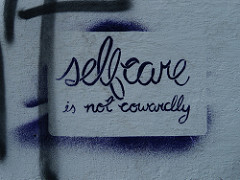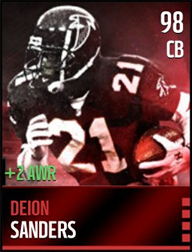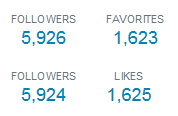Community Professionals Quietly Empower Movements

Credit: Rob Lee (CC BY-ND 2.0)
I believe that, behind any powerful movement, you’ll find community professionals. Or, at least, people doing the work. They may not do it for a living, they may just call themselves an organizer, but they do the work.
They aren’t usually the spokespeople for the movement. They aren’t the most visible faces in the community, they may not be the one talking to the media. But without them, the movement would probably crumble.
Groups need organization and management. They need people who work quietly to ensure that their efforts attract the right people for the right reasons; that those people know how to make their voices heard in a way that will be productive and effective. They need someone who will rebuke people who are co-opting their message in a way that makes them look bad.
Read More




 Over the last month and a half, I have been playing a lot of
Over the last month and a half, I have been playing a lot of  On Tuesday, Twitter made a seemingly small, but not quite insignificant change. They replaced the star icon with a heart. The tweets that had been marked as “favorites” previously, were now marked as “likes.”
On Tuesday, Twitter made a seemingly small, but not quite insignificant change. They replaced the star icon with a heart. The tweets that had been marked as “favorites” previously, were now marked as “likes.”


